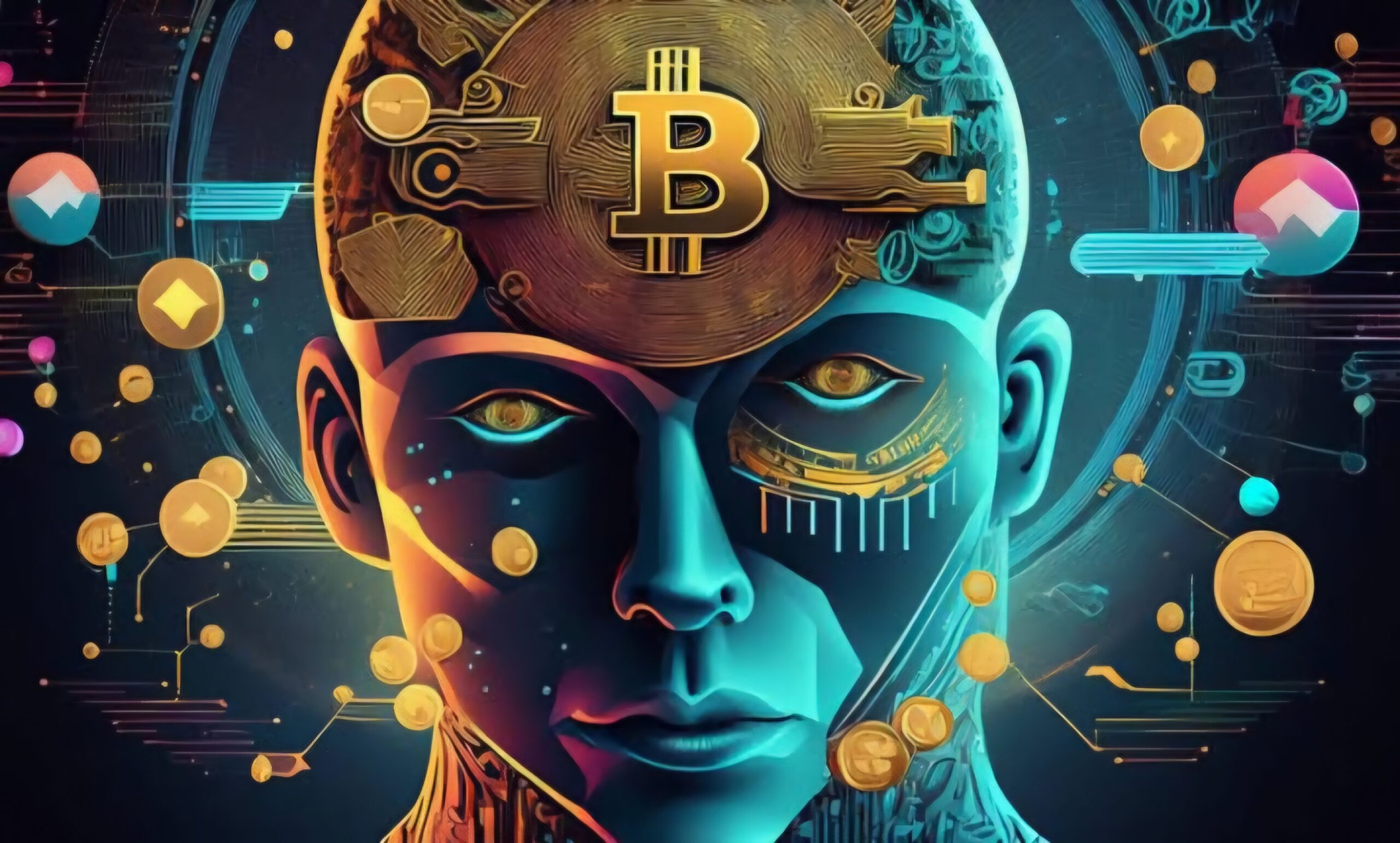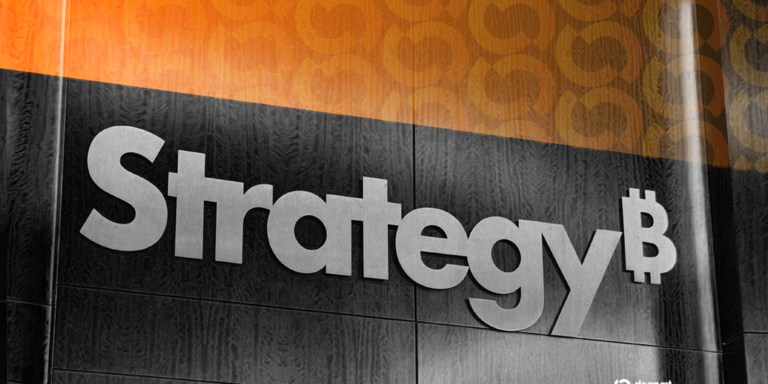
Crypto and AI Integration: The Future of Intelligent Blockchain Systems
The convergence of cryptocurrency and artificial intelligence (AI) is unlocking new possibilities in blockchain technology, creating smarter, more efficient systems. By combining AI’s predictive capabilities with the decentralized nature of blockchain, this integration is revolutionizing areas such as trading, security, and data management.
How AI Enhances the Crypto Ecosystem
1. Smart Trading Algorithms
AI-powered trading bots analyze market trends, historical data, and real-time signals to execute trades with high accuracy.
These bots minimize human error, allowing traders to maximize profits and reduce risks in volatile markets.
2. Enhanced Security
AI detects and prevents fraudulent activities in blockchain networks, such as identifying anomalies in transaction patterns.
Machine learning models are used to monitor and predict cyberattacks, bolstering blockchain security.
3. Improved Scalability
AI optimizes blockchain protocols to handle more transactions per second, addressing scalability challenges in networks like Ethereum and Bitcoin.
Predictive analytics enable dynamic adjustments to network congestion and resource allocation.
4. Data Analysis and Insights
AI processes vast amounts of blockchain data to extract valuable insights for businesses, developers, and investors.
This helps identify trends, user behavior, and market opportunities more effectively.
5. Energy Efficiency
AI optimizes energy consumption in proof-of-work and proof-of-stake blockchain networks, reducing environmental impact.
Predictive maintenance algorithms ensure mining hardware operates at peak efficiency.
Applications of AI and Blockchain Integration
1. Decentralized Finance (DeFi)
AI models enhance credit scoring and risk assessment for DeFi lending platforms.
Predictive analytics improve yield farming and liquidity pool optimization.
2. NFT Marketplaces
AI curates personalized NFT recommendations based on user preferences.
It also ensures authenticity by analyzing digital assets for forgery or plagiarism.
3. Supply Chain Management
AI tracks and verifies blockchain data to improve supply chain transparency and efficiency.
Smart contracts integrated with AI automate inventory management and quality control.
4. Healthcare
AI-powered blockchain solutions ensure secure and efficient management of patient records.
Predictive models help healthcare providers analyze medical data for better outcomes.
5. Gaming and Metaverse
AI generates immersive, personalized experiences in blockchain-based virtual worlds.
It facilitates smarter gameplay mechanics and dynamic asset generation.
Challenges in Crypto and AI Integration
1. Complexity: Merging AI algorithms with decentralized systems requires significant technical expertise and resources.
2. Data Privacy: AI models often require large datasets, raising concerns about user privacy and data security.
3. Regulatory Uncertainty: Both AI and blockchain face evolving regulations, complicating their integration.
4. Cost: Implementing AI in blockchain networks can be resource-intensive, limiting accessibility for smaller projects.
Future Prospects
The combination of crypto and AI has the potential to transform multiple industries:
Autonomous Organizations: AI-driven DAOs could manage operations more efficiently with minimal human intervention.
Dynamic Blockchain Protocols: AI could enable blockchains to self-optimize in real time, improving performance and adaptability.
AI Tokens: Cryptocurrencies like Fetch.ai and SingularityNET are already leveraging AI to build decentralized networks for intelligent services.
Conclusion
The integration of AI with blockchain is a powerful synergy, poised to redefine the crypto landscape. By enhancing security, scalability, and functionality, this collaboration addresses key challenges and opens new opportunities for innovation. As both technologies evolve, their combined impact could be a gamspacenr for industries worldwide.
Would you like further details on specific use cases or current projects in this space?
Crypto and AI Integration: The Future of Intelligent Blockchain Systems
The convergence of cryptocurrency and artificial intelligence (AI) is unlocking new possibilities in blockchain technology, creating smarter, more efficient systems. By combining AI’s predictive capabilities with the decentralized nature of blockchain, this integration is revolutionizing areas such as trading, security, and data management.
How AI Enhances the Crypto Ecosystem
1. Smart Trading Algorithms
AI-powered trading bots analyze market trends, historical data, and real-time signals to execute trades with high accuracy.
These bots minimize human error, allowing traders to maximize profits and reduce risks in volatile markets.
2. Enhanced Security
AI detects and prevents fraudulent activities in blockchain networks, such as identifying anomalies in transaction patterns.
Machine learning models are used to monitor and predict cyberattacks, bolstering blockchain security.
3. Improved Scalability
AI optimizes blockchain protocols to handle more transactions per second, addressing scalability challenges in networks like Ethereum and Bitcoin.
Predictive analytics enable dynamic adjustments to network congestion and resource allocation.
4. Data Analysis and Insights
AI processes vast amounts of blockchain data to extract valuable insights for businesses, developers, and investors.
This helps identify trends, user behavior, and market opportunities more effectively.
5. Energy Efficiency
AI optimizes energy consumption in proof-of-work and proof-of-stake blockchain networks, reducing environmental impact.
Predictive maintenance algorithms ensure mining hardware operates at peak efficiency.
Applications of AI and Blockchain Integration
1. Decentralized Finance (DeFi)
AI models enhance credit scoring and risk assessment for DeFi lending platforms.
Predictive analytics improve yield farming and liquidity pool optimization.
2. NFT Marketplaces
AI curates personalized NFT recommendations based on user preferences.
It also ensures authenticity by analyzing digital assets for forgery or plagiarism.
3. Supply Chain Management
AI tracks and verifies blockchain data to improve supply chain transparency and efficiency.
Smart contracts integrated with AI automate inventory management and quality control.
4. Healthcare
AI-powered blockchain solutions ensure secure and efficient management of patient records.
Predictive models help healthcare providers analyze medical data for better outcomes.
5. Gaming and Metaverse
AI generates immersive, personalized experiences in blockchain-based virtual worlds.
It facilitates smarter gameplay mechanics and dynamic asset generation.
Challenges in Crypto and AI Integration
1. Complexity: Merging AI algorithms with decentralized systems requires significant technical expertise and resources.
2. Data Privacy: AI models often require large datasets, raising concerns about user privacy and data security.
3. Regulatory Uncertainty: Both AI and blockchain face evolving regulations, complicating their integration.
4. Cost: Implementing AI in blockchain networks can be resource-intensive, limiting accessibility for smaller projects.

Future Prospects
The combination of crypto and AI has the potential to transform multiple industries:
Autonomous Organizations: AI-driven DAOs could manage operations more efficiently with minimal human intervention.
Dynamic Blockchain Protocols: AI could enable blockchains to self-optimize in real time, improving performance and adaptability.
AI Tokens: Cryptocurrencies like Fetch.ai and SingularityNET are already leveraging AI to build decentralized networks for intelligent services.
Conclusion
The integration of AI with blockchain is a powerful synergy, poised to redefine the crypto landscape. By enhancing security, scalability, and functionality, this collaboration addresses key challenges and opens new opportunities for innovation. As both technologies evolve, their combined impact could be a game-changer for industries worldwide.



